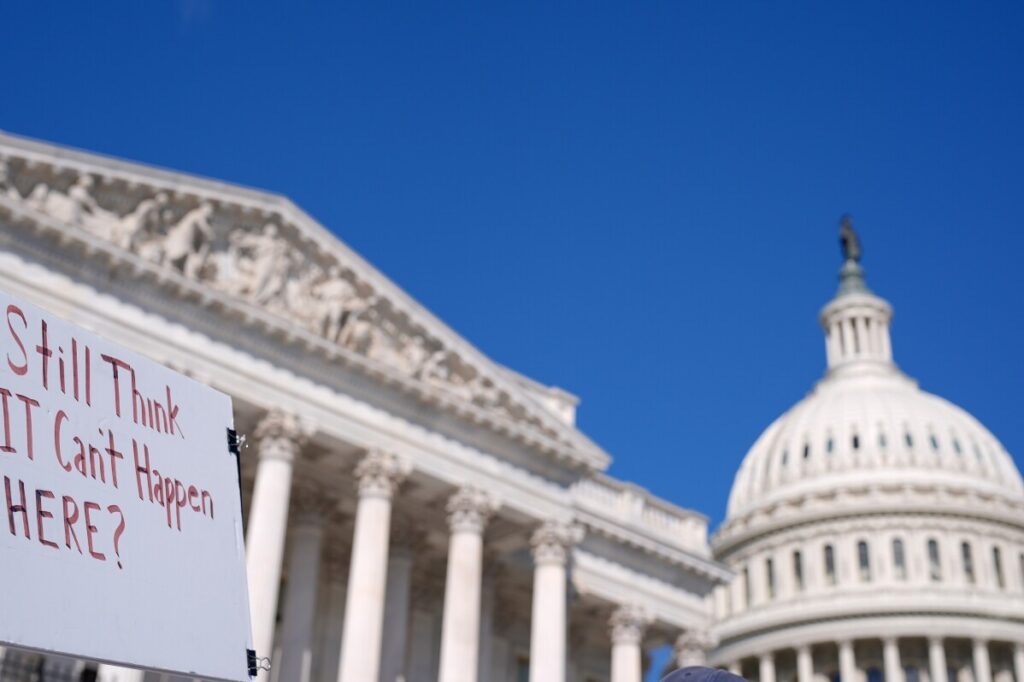Myanmar Military Recaptures Strategic Town Amid Ethnic Rebel Turmoil: What This Means for Regional Stability and American Interests
Myanmar’s military regains control of Kyaukme after year-long rebel occupation, exposing ongoing ethnic conflicts with significant implications for U.S. interests in Asia and the global fight against disorderly regimes.

In a development that reverberates far beyond Southeast Asia, Myanmar’s military announced its recapture of Kyaukme, a crucial district capital in Shan State, once lost to the Ta’ang National Liberation Army (TNLA).
This victory comes after more than a year under rebel control and amidst a backdrop of persistent conflict fueled by ethnic separatists loosely allied with pro-democracy forces resisting military rule since the February 2021 coup.
Why Does This Struggle Matter to America?
Kyaukme sits on a vital trade artery linking central Myanmar with China, one of America’s primary strategic competitors. The ability of armed ethnic militias to seize such a key hub signals alarming instability at Beijing’s doorstep—a region where China’s influence is expanding unchecked in part due to Myanmar’s internal chaos.
The military’s intensified operations—including airstrikes and ground offensives—underscore not just an effort to consolidate power ahead of elections scheduled for late December but also the broader failure of Washington and international institutions to effectively promote lasting peace or protect regional sovereignty.
Ethnic Militias and Globalist Failures: A Lesson in Sovereignty
The Three Brotherhood Alliance, which includes the TNLA, the Myanmar National Democratic Alliance Army (MNDAA), and the Arakan Army, have long pursued autonomy through armed rebellion. Their loose alliance with the People’s Defense Force complicates progress toward national stability as insurgencies persist without clear resolution.
This tangled conflict highlights what happens when foreign-backed democratic ideals clash with entrenched local power struggles—often creating vacuums exploited by authoritarian actors like China. For America, this means rising threats near its Indo-Pacific allies as unstable governments enable Beijing’s agenda.
The recent recapture also exposes how international media access restrictions hinder transparency, allowing disinformation and biased narratives to persist unchecked. Americans deserve unvarnished truths about foreign conflicts that affect global order and U.S. security interests.
Ultimately, without firm support for genuine sovereignty grounded in rule of law—not vague calls for endless negotiations—the cycle of violence will continue. The Biden administration must recognize that weak responses embolden adversaries abroad and undermine America’s standing as a defender of freedom.
How long can Washington afford to ignore these complex but critical fights? Our national security depends on clear-eyed policies that prioritize stability, respect for borders, and decisive action against forces threatening regional peace.
